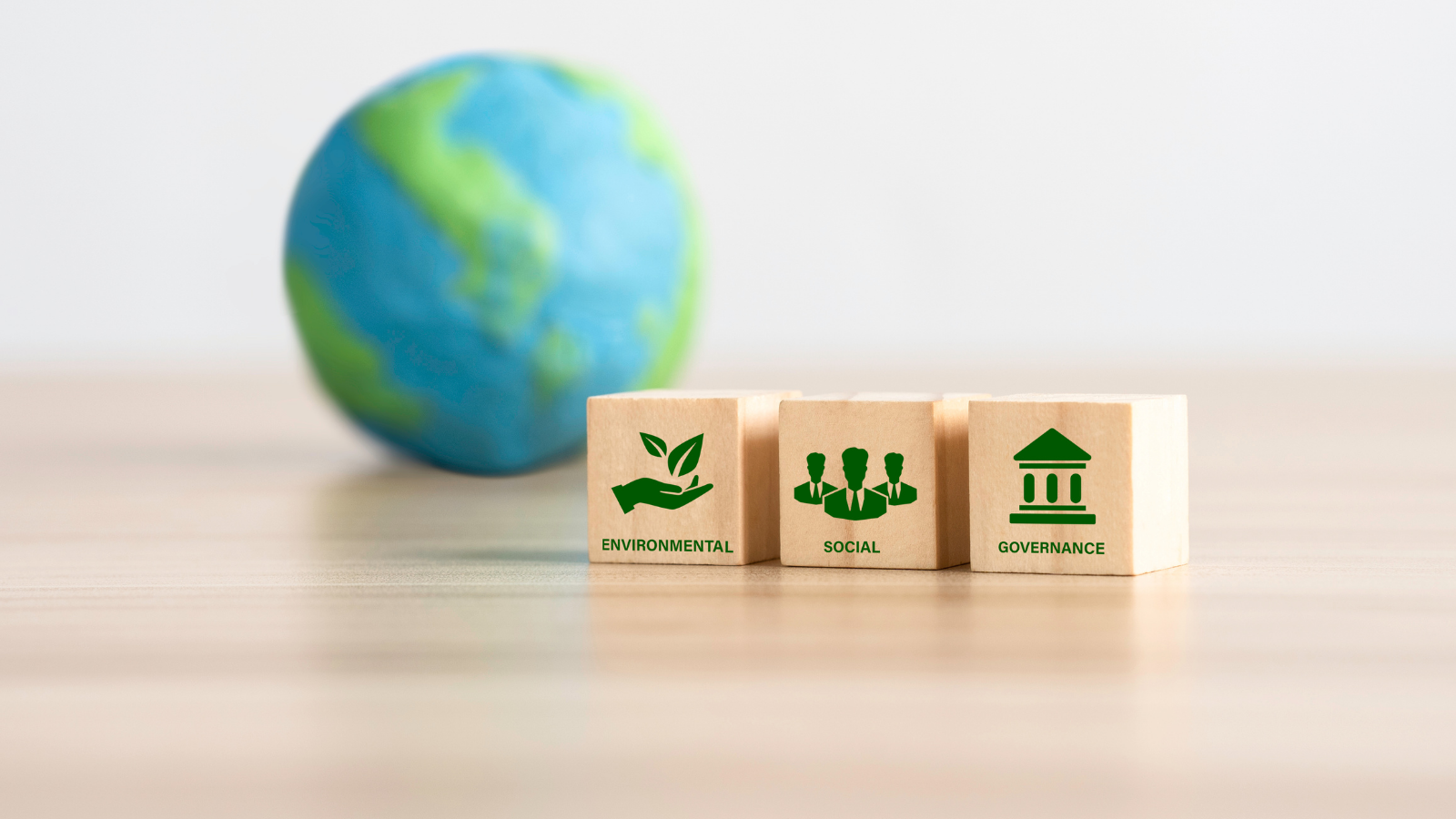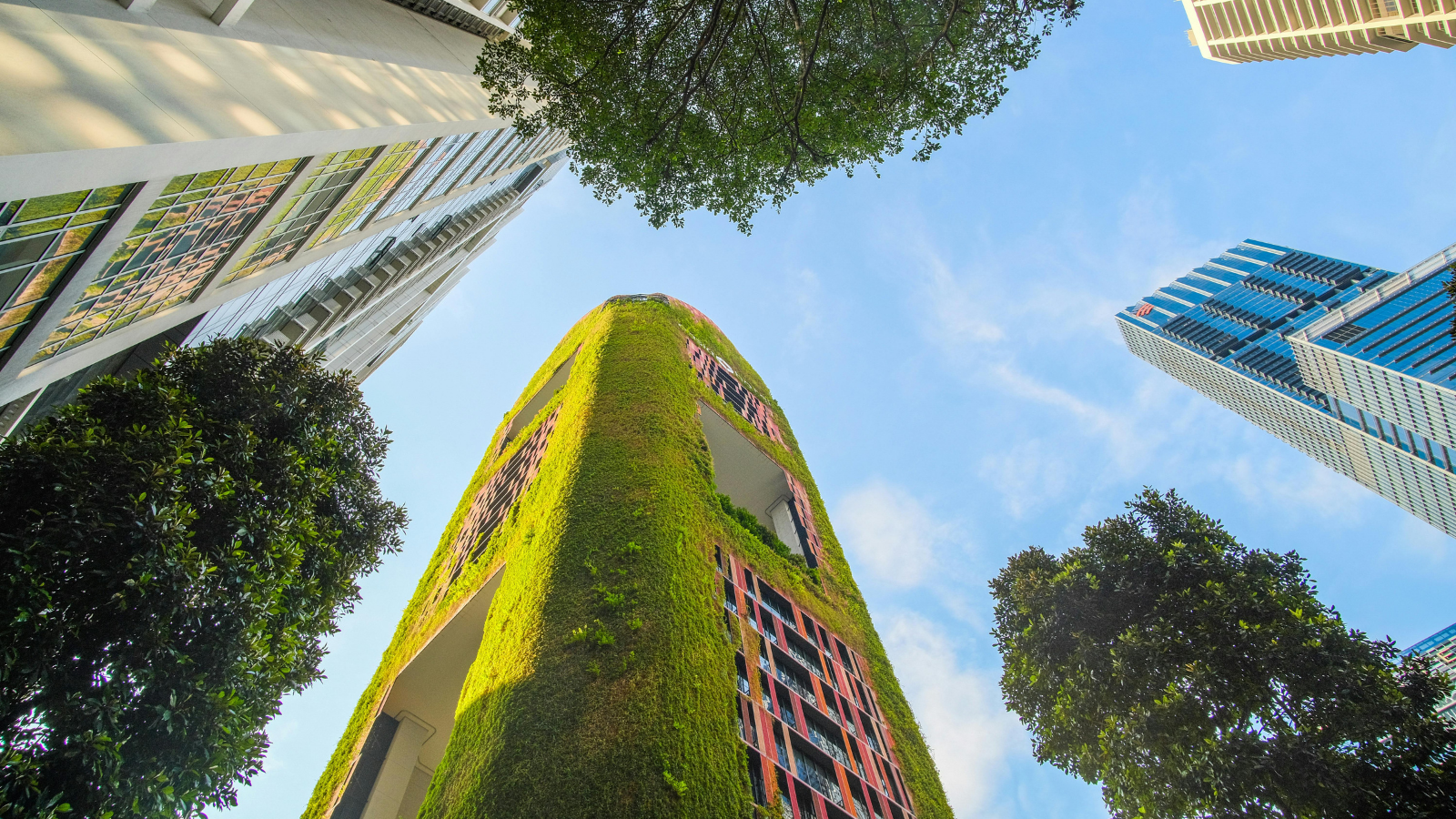Green Finance: How Sustainability Is Becoming a Profit Driver, Not a Cost
)
For years, sustainability has been a popular topic in business and finance. Yet many companies still see it as a moral choice or a marketing trend rather than a strategic advantage. The belief that “going green” is expensive or inconvenient is quickly being replaced by a new reality.
Sustainability is now one of the strongest drivers of profit and growth. When applied correctly, it can attract customers, motivate employees, unlock funding, and lower operational costs. In short, sustainability is no longer just about doing the right thing, it’s about doing what works for your business.
1. Consumers Are Choosing Sustainable Brands
The modern consumer is more informed than ever before. People care about how their products are made, how companies treat the environment, and whether their purchases support positive change. According to research by BSI, 65% of American consumers look for a company’s environmental commitments before they buy. Other surveys show that most millennials and Gen Zers are willing to pay more for sustainable products and services. This shift in priorities means that sustainability is now a major factor in buying decisions. A company that ignores environmental or social responsibility risks losing customers to a competitor that takes it seriously. On the other hand, brands that make genuine sustainability commitments are building long-term trust and loyalty. A clear and transparent ESG (Environmental, Social, and Governance) policy is no longer optional. It can directly influence your bottom line. In today’s market, being a sustainable business is not just the right thing to do. It makes good business sense.
For example, Patagonia, a global outdoor brand, has built its entire business on sustainability. Its loyal customers trust that every product supports environmental protection. That trust has helped Patagonia grow into a billion-dollar company while staying true to its values.

2. Sustainability Improves Employee Motivation and Retention
Sustainability also affects what happens inside your business. Modern professionals want to work for organizations that have a sense of purpose. A Deloitte survey found that more than 60% of employees prefer to work for companies that take sustainability and social impact seriously. A strong sustainability strategy can help attract skilled workers and keep them engaged. Employees who believe in their company’s mission are more likely to perform well and stay longer. When people feel they are contributing to something meaningful, their job satisfaction and productivity rise. Improved retention also lowers recruitment costs. In addition, green workplaces often create better physical environments, healthier habits, and opportunities for teamwork through volunteer projects or environmental initiatives. Businesses can start small. Create employee-led green teams, encourage carpooling or remote work to cut emissions, or partner with local environmental charities. These steps can build pride and strengthen company culture while supporting sustainability goals.

3. ESG Commitment Opens the Door to New Funding
The financial world is quickly rewarding companies that take sustainability seriously. Banks, investors, and government programs are all looking for businesses that align with ESG values. Access to sustainable finance can mean lower interest rates, special grants, and better credit opportunities. The U.S. government alone currently holds over 1.8 trillion dollars in sustainable debt, showing how large this sector has become. For small and medium-sized businesses, access to this type of funding can be the difference between growth and closure. Investors now see strong ESG performance as a sign of financial stability and long-term potential.

4. Sustainable Practices Can Lower Operating Costs
Sustainability is not just about ethics or image. It can also deliver measurable savings. Companies that make energy efficiency a priority can reduce costs through smarter systems and waste reduction. Even small changes can make a big difference. Switching to renewable energy sources, using sustainable packaging, or replacing printed materials with digital communications all help reduce expenses and environmental impact. Some green solutions may require higher upfront investment, but they often produce long-term savings. A study by McKinsey found that companies that integrate sustainability into their supply chains can reduce costs by up to 16% while also improving brand value. In simple terms, being sustainable often means being efficient. The businesses that focus on responsible use of resources are usually the same ones that find smarter ways to save money.

5. Sustainability Creates a Competitive Advantage for the Future
Sustainability is becoming a core part of how companies compete. Governments and regulators are introducing new policies that require transparency around ESG performance. At the same time, customers, investors, and employees expect more accountability. Businesses that start adapting now will be better prepared for the future. They will also stand out as reliable, forward-thinking partners. Sustainable companies tend to perform better in the long term because they plan ahead, manage risks, and build strong relationships with their stakeholders. New technologies are making it easier to measure and improve sustainability performance. Artificial intelligence is being used to track carbon footprints, and new financial tools are linking loans and investments to environmental outcomes. Green fintech platforms are connecting investors with companies that are making a difference.
By embracing these innovations, businesses can position themselves as leaders in a rapidly changing economy. Those that act now will not only stay compliant but will thrive as the green economy continues to grow.
Sustainability is no longer a passing trend. It has become a major factor in how successful a business can be. It influences consumer behavior, employee engagement, investor confidence, and cost control. The question is no longer whether to embrace sustainability, but how quickly you can make it a part of your strategy. Businesses that lead in this area will enjoy stronger brands, loyal customers, happier employees, and more funding opportunities.
Sustainability is not just about protecting the planet. It is about building a business that is prepared for the future and positioned for growth.
Grow Your Business Sustainably
Are you ready to connect with other leaders who share your goals for growth and sustainability? Join The Business Show Miami at the Miami Beach Convention Center on April 29th and 30th. Meet thousands of entrepreneurs, explore innovative ideas, and learn how sustainability can transform your business.
Click here to find out how exhibiting can support your success.



